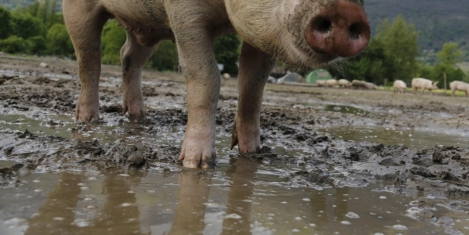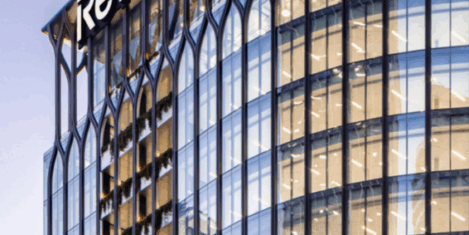October 6, 2025
Not just cuckoo clocks. Why Switzerland is the world’s most innovative country
 In Orson Welles’ famous scene-stealing cameo in The Third Man, his character Harry Lime comes out with that (in)famous speech about Swiss culture. “In Italy for thirty years under the Borgias, they had warfare, terror, murder, and bloodshed, but they produced Michelangelo, Leonardo da Vinci, and the Renaissance,” he says. “In Switzerland, they had brotherly love, they had five hundred years of democracy and peace, and what did that produce? The cuckoo clock.” This does the Swiss a disservice in a number of ways, not least that a major new report claims that Switzerland is maintaining a long tradition as the most innovative country in the world. (more…)
In Orson Welles’ famous scene-stealing cameo in The Third Man, his character Harry Lime comes out with that (in)famous speech about Swiss culture. “In Italy for thirty years under the Borgias, they had warfare, terror, murder, and bloodshed, but they produced Michelangelo, Leonardo da Vinci, and the Renaissance,” he says. “In Switzerland, they had brotherly love, they had five hundred years of democracy and peace, and what did that produce? The cuckoo clock.” This does the Swiss a disservice in a number of ways, not least that a major new report claims that Switzerland is maintaining a long tradition as the most innovative country in the world. (more…)






































